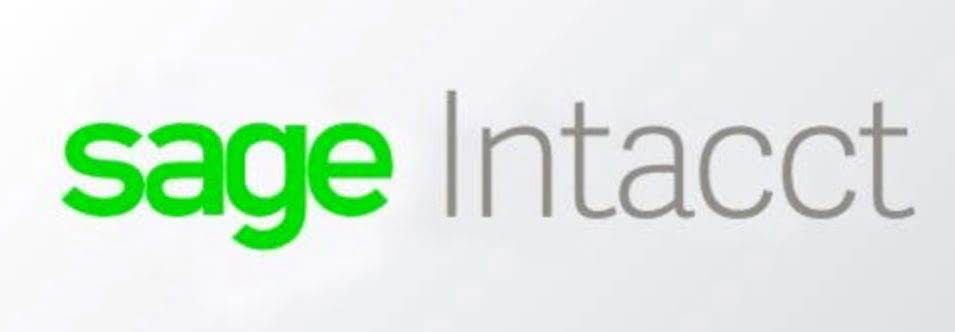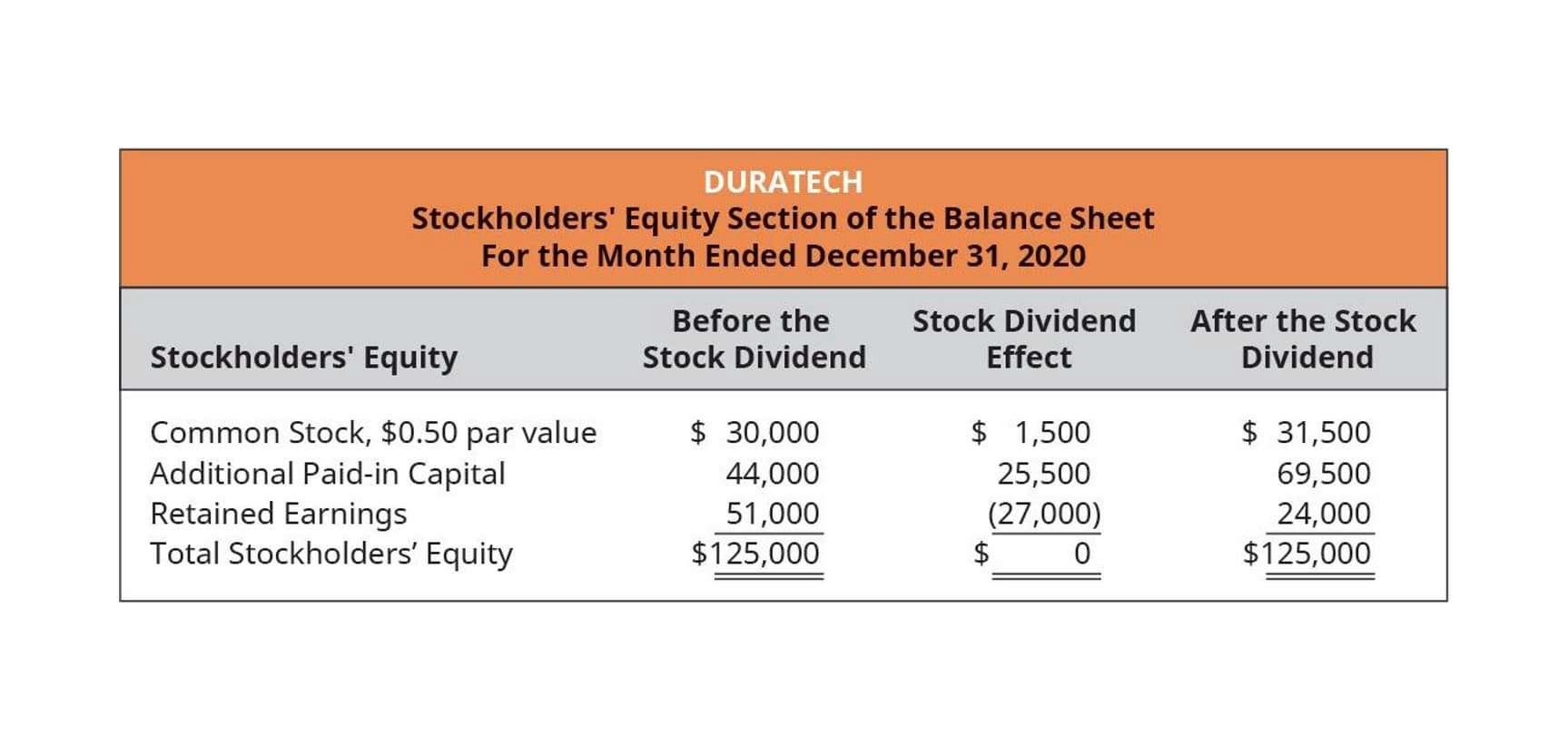
You might want a personal finance service only for budgeting, day-to-day income and expense management, and goal setting. In that case, you don’t need to tell the app about other assets and funds you have, whether it’s a trust fund or a property. If there’s an account you don’t want your app to know about, just leave it out. Setting goals, such as establishing an emergency fund, isn’t rocket science. With a accounting personal finance app, you specify the amount you’re trying to save and the target date for achieving it, and the application tells you how much you have to save every month to meet your goals. Monarch Money and NerdWallet, for example, let you link your goals to the appropriate spending account for easy progress tracking.

How a Personal Bookkeeper Can Help You Take Control of Your Finances
Budgeting can be a challenge, but it’s a great practice for keeping your spending in check and making sure your bills are covered. If you’re new to setting a budget, a helpful piece of accounting advice is to start by understanding your income. If you work hourly or earn tips, calculating your average income over a period of a few months will give you an idea of what you have to work with. Based on what you earn on average, you’ll have an idea of how much of your Certified Bookkeeper income should be devoted to monthly expenses, savings or fun. One of the biggest benefits of using personal finance apps is that they help you learn more about your money and personal finance in general.
- If you are operating a small, one-person business from home or even a larger consulting practice from a one-person office, you might want to stick with cash accounting.
- Combining your personal and business finances can create confusion during tax season and expose you to liability.
- The idea of maintaining accurate records of your personal finances can seem like a tall order, at least at first.
- At the end of the appropriate period, the accountant takes over and analyzes, reviews, interprets and reports financial information for the business firm.
- Bookkeepers have to understand the firm’s chart of accounts and how to use debits and credits to balance the books.
Easy But Vital Bookkeeping Practices You Should Follow
Or at least for the first 11 months because you might not have filed your 12th month returns yet when starting these end of year bookkeeping checks. See the example below which is an extract from Xero accounting software. If you are using spreadsheets your goal is to enter in all the Income into Income accounts and all the Expenses into expenses accounts.

Check accounts in bookkeeping spreadsheets
As stated earlier, bookkeeping apps usually have a number of built-in features that simplify the process of understanding and entering one’s information. The ‘accrual method’ is a rule for recording income when it is earned and expenses when they are incurred. Microsoft Excel offers a flexible, customizable alternative to dedicated bookkeeping apps. With its powerful features and familiar interface, Excel can be an effective tool for personal accounting services managing personal or small business finances.
Best for a Fresh Approach to Budgeting
This distinction can be problematic for rookie business owners to grasp. A profitable business can still face cash flow problems if receivables aren’t collected promptly. If you’re maintaining the books for your small business, then you need to follow all of the principles outlined above. Plus, you need to make sure your bookkeeping practices are in line with the guiding principles outlined below. This’ll let you keep your main accounts uncluttered, while still giving you all the info you’ll need later (for example, at tax time). However, as simple as it might seem on paper, it’s important you recognise when the beast becomes too big.

A bookkeeper is a professional who records a business’s financial transactions, such as sales, purchases, payments, and receipts. By categorizing these transactions, they maintain accurate financial records, helping businesses comply with regulations and make strategic decisions. In any business, big or small, someone has to keep track of every sale, purchase, and payment. Bookkeepers manage these tasks by organizing financial transactions and maintaining detailed records for future reference. This helps businesses stay compliant with regulations, monitor every dollar, and make informed financial decisions. Opening multiple checking accounts can work if you have multiple income sources or want to have one account for bills and one for spending.

Stay Informed on International Tax Obligations
After the cash account, there are the inventory, receivables, and fixed assets accounts. Firms also have intangible assets such as customer goodwill that may be listed on the balance sheet. Effective bookkeeping requires an understanding of the firm’s basic accounts.

- The right software can make a world of difference in managing your money.
- When most people hear the term “personal bookkeeping services,” they often assume it’s reserved for large corporations or high-net-worth individuals.
- It’s evolved into the most feature-rich personal finance application available today.
- A rainy day fund can be used for smaller problems in your life, like major car repairs, home appliance repairs, or unexpected medical treatments.
Lightweight and simple, yet flexible and functional, FreshBooks is one of the most preferred professional services accounting software options for accountants working at all scopes. Most personal finance apps are free or have a free tier of service. They typically make money by showing you targeted ads for financial products, like credit cards or savings accounts. No, personal bookkeeping benefits everyone, regardless of the complexity of their financial situation. Even individuals with relatively simple finances can benefit from tracking their income and expenses to gain better control over their money and make informed financial decisions.
Many ecommerce sellers neglect to track their expenses properly, leading to overpaying taxes or missing out on deductions. Tax laws for ecommerce sellers, especially in the US, change frequently. Stay informed about updates to sales tax nexus laws, deductions, or reporting requirements to avoid penalties. Regularly review your sales data to ensure you’re meeting obligations in each state. Tax software or tax experts can alert you when you’re approaching a threshold, so you don’t miss the registration deadline.